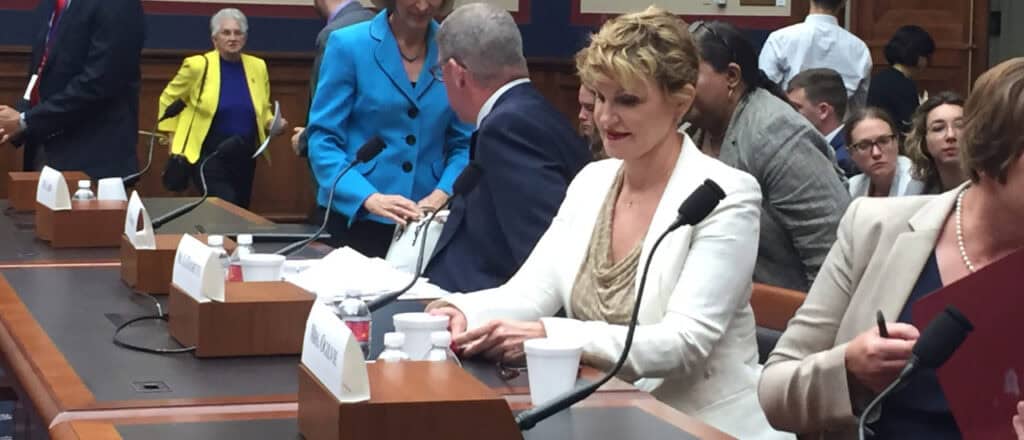Adele LaTourette, Vice President of Policy & Advocacy
As Assistant Vice President of Policy & Advocacy at CFBNJ, I spend my days translating complex policy into real impact for our communities. My work involves connecting with Congressional offices, coordinating with advocacy groups, and navigating the constantly shifting policy landscapes in Washington D.C. and New Jersey. I’ve seen up close that the SNAP changes in the budget reconciliation contain provisions that go far beyond what most people realize.
Work requirements expand dramatically. Work requirements will apply to parents with children over 13 years old, and the age limit for work requirements will increase from 54 to 64. Parents are be forced to follow rigid rules or lose their food assistance for three years. The same will be true for parents who, for lack of affordable childcare or other reasons, must stay home with their children instead of working over the summer, when school is out. If an older adult becomes disabled, needs care, or faces age discrimination that prevents them from getting a job, they could also lose critical food benefits.
Policy contradictions trap families. The law eliminates internet costs as a deductible expense in SNAP calculations, reducing benefits for about 65% of SNAP households. Families will receive less food assistance, even as staying connected remains essential for work, school, job seeking, and accessing services.
Hidden tax on everyone. This isn’t deficit reduction — it’s cost-shifting. The federal government will shift some of the costs to administer SNAP onto the states, leading to either cuts in services or tax hikes to fill the gap. And in a state already facing some of the highest taxes and cost of living in the nation, that’s a burden we can’t afford.
The bottom line: These restrictions create administrative costs, community disruption, and taxpayer burden while punishing families for circumstances beyond their control.


